Friday evening I preached at Grace Church. As I mentioned when I last blogged, most of the attendees were youth, including a few from some of the surrounding communities. I focused on Hebrews 12 and the Lord’s discipline of us as His beloved children, and I used the Rio Olympics as illustrative of how discipline precedes our best achievements. I think the message connected well, as I was asked to deliver it again on Sunday morning.
Saturday we visited the local hospital to distribute eyeglasses and medicines. Of course we encountered more than enough sadness there, but there were also multiple opportunities to pray with and encourage the patients. I’m so grateful that Pastor Nelu is in the hospital daily, as his “salt and light” are needed desperately among those who are ill and suffering here.
After the hospital I made a brief appearance at a children’s Bible study. My time with the kids was just long enough for me to tell them the story of Shadrach, Meshach, and Abednego. That’s downright fun in any language!
Saturday afternoon included a chance to visit the small village where Tom Unici grew up, and to hear all about the vision of a retired Baptist pastor to care for the elderly in an in-home setting. What you and I think of as assisted living and nursing home care is nearly non-existent in Romania. The result has been a national epidemic of elderly people having to endure circumstances such that their basic needs are unmet for months or even years, and then dying all alone. The government has no resources with which to remedy this situation, so churches are just now starting to strategize together in an effort to help.
Saturday night Grace hosted an evangelistic service aimed at friends and neighbors. I preached from Mark 2:18-22, and focused on every person’s need to see the gospel of Jesus Christ with new “optics,” referring to the eyes of faith which we can receive only from the risen Son of God and Savior of the world.
Both of today’s services were filled with tons of music, from harmonica to opera, and from young local artists to seasoned professionals from the capital city of Bucharest. As everyone shared his or her talents, I noticed the obvious humility with which each musician offered praise to the Lord. It was beautiful indeed.
It’s Sunday night now, and I’m off to bed soon. Tomorrow I’ll have coffee with the newly-elected mayor of Moldova Noua. He comes from an Orthodox background, but he attended tonight’s service with his wife, his young daughter, and a big smile. I had preached Joshua’s call to be “strong and courageous” from Joshua 1:1-9, and the mayor said in English as he grabbed my hand on the way out the door: “That was just for me.”
To God be the glory!
Pastor Charles



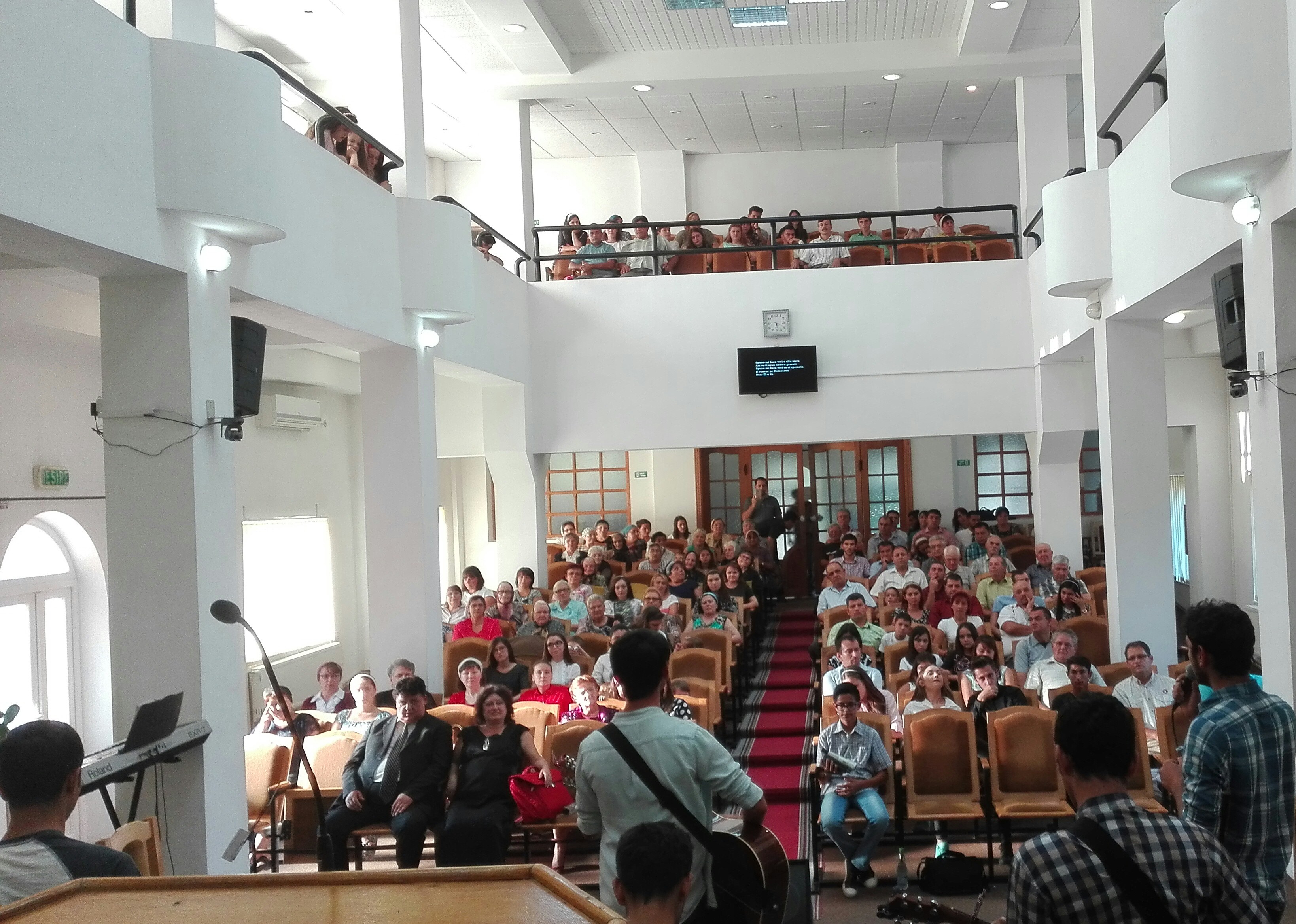
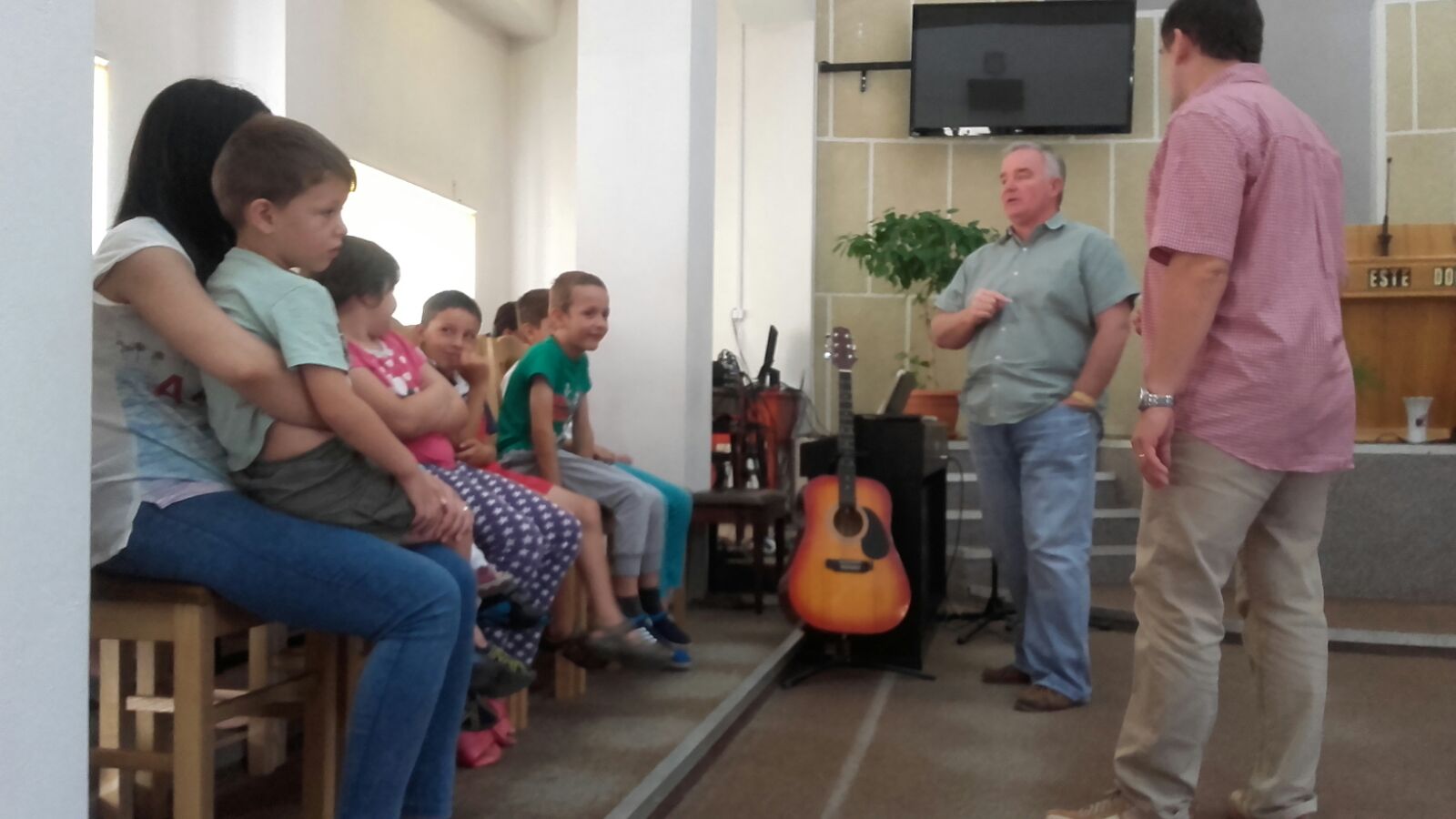
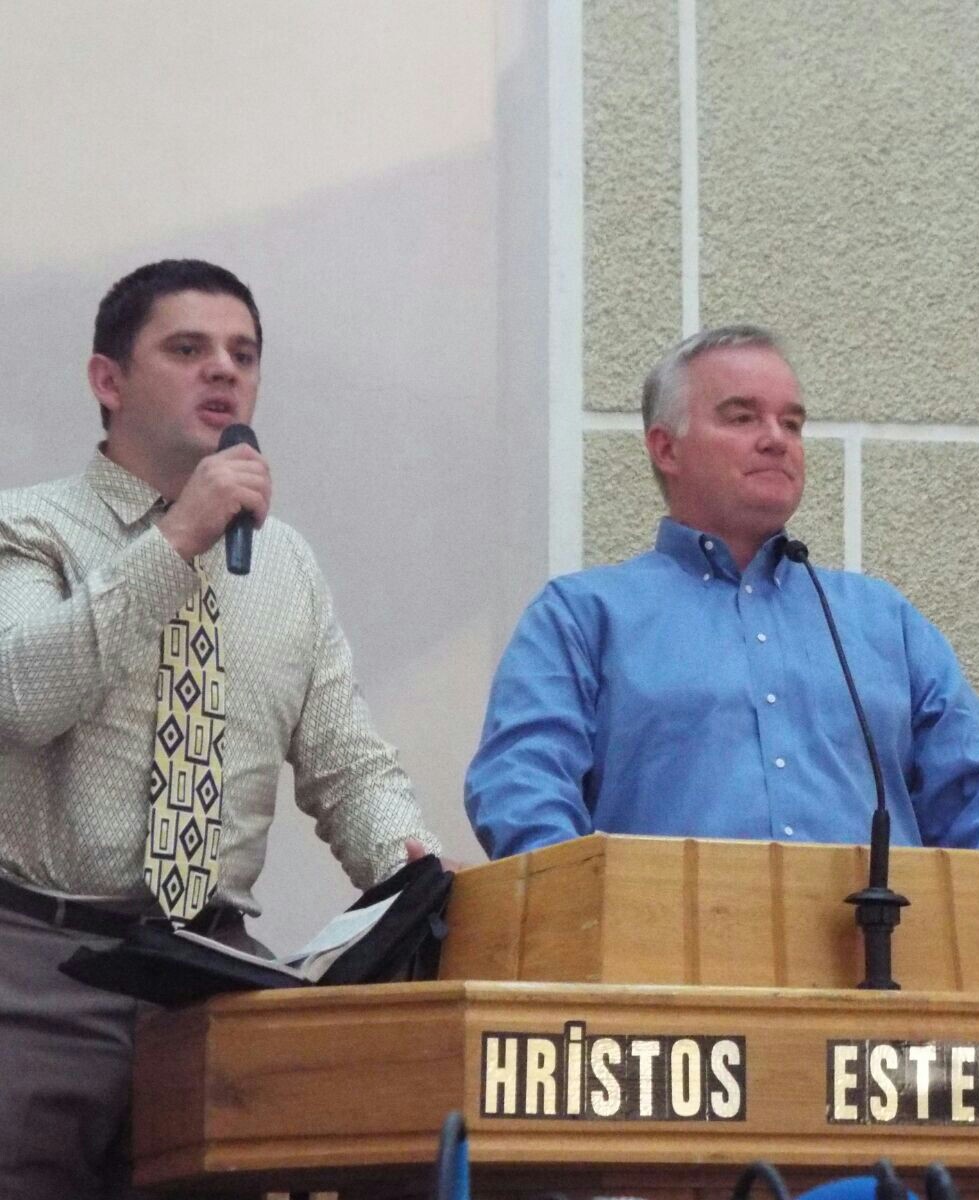
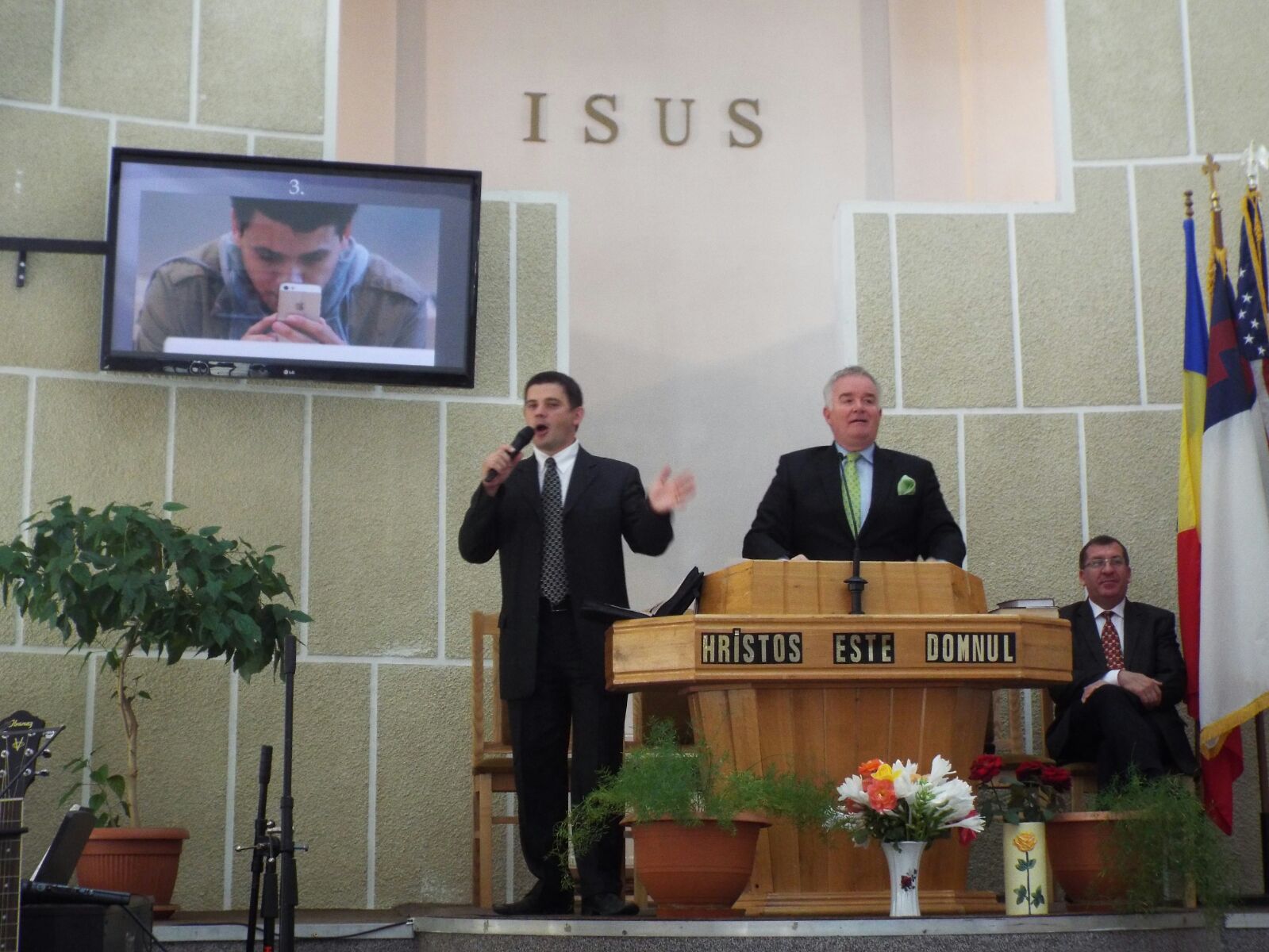
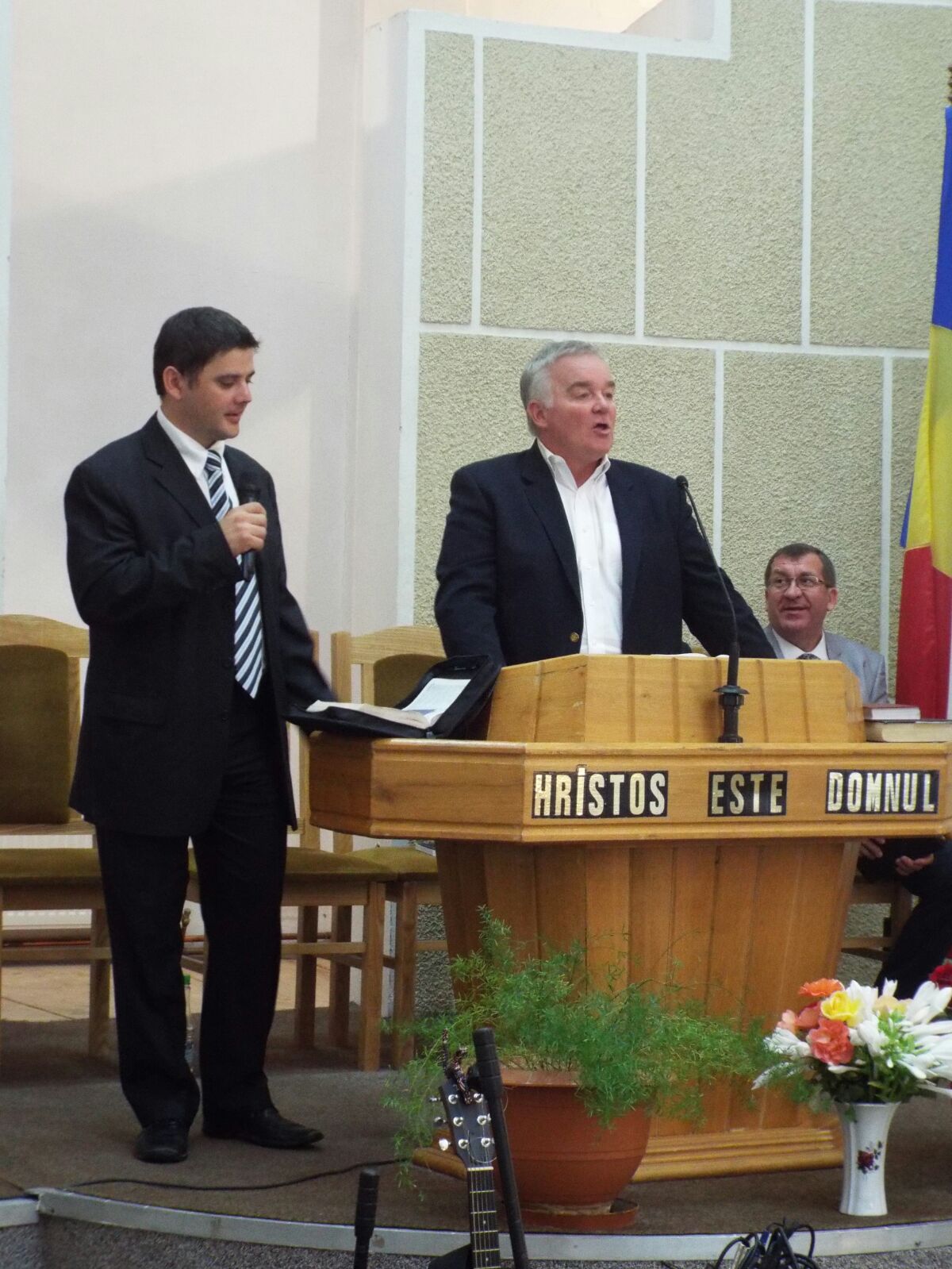
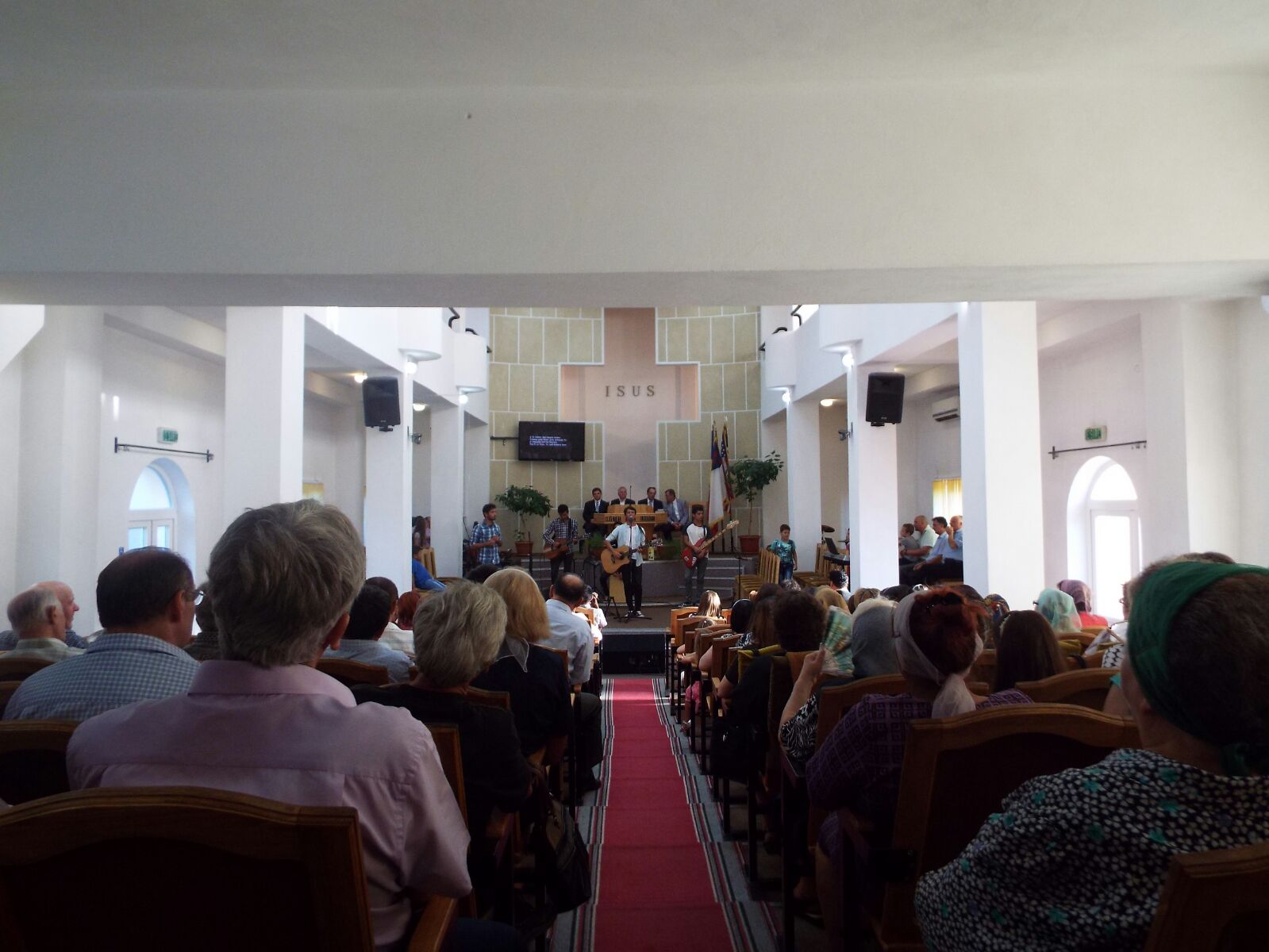










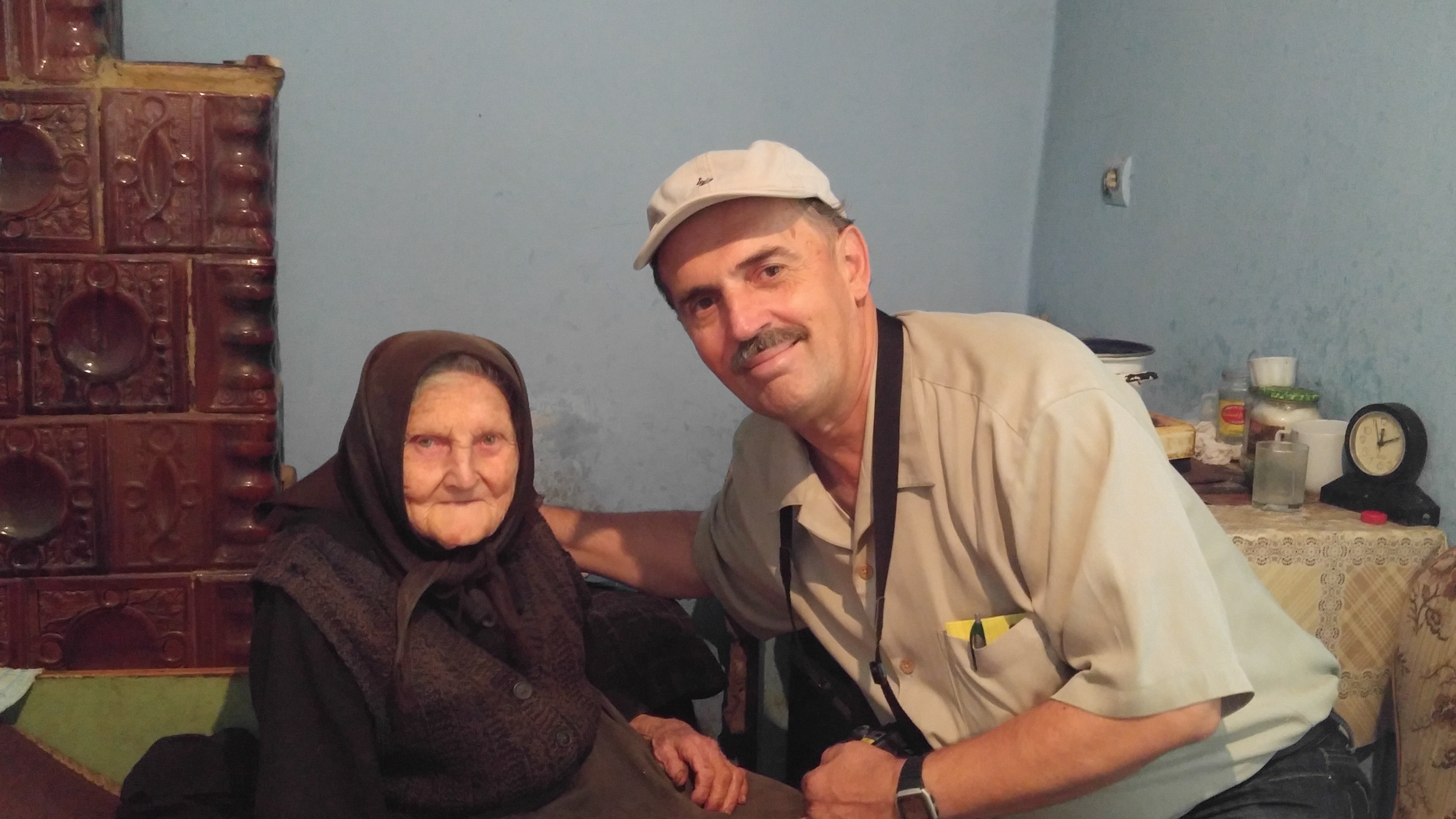



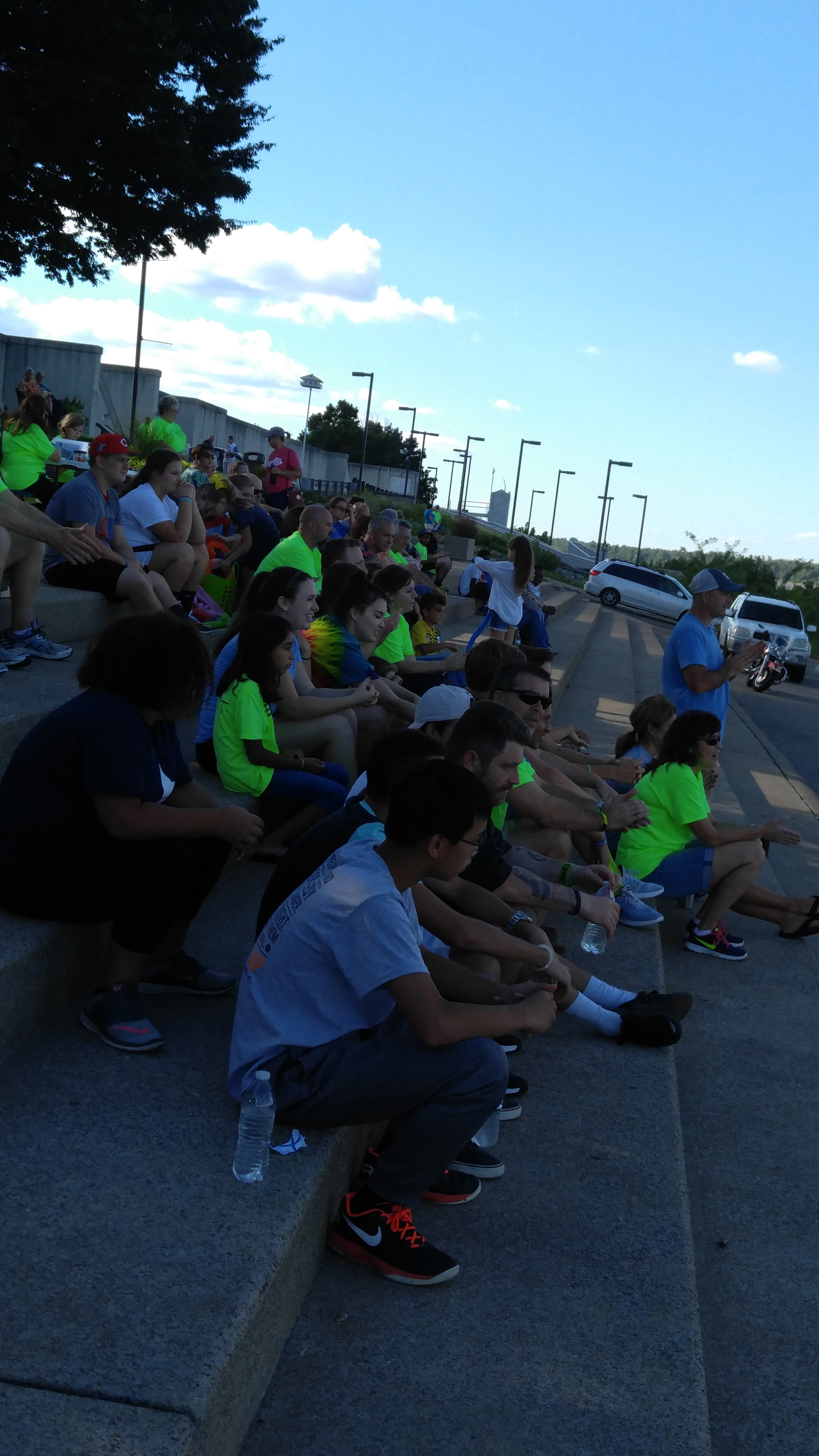 love.
love.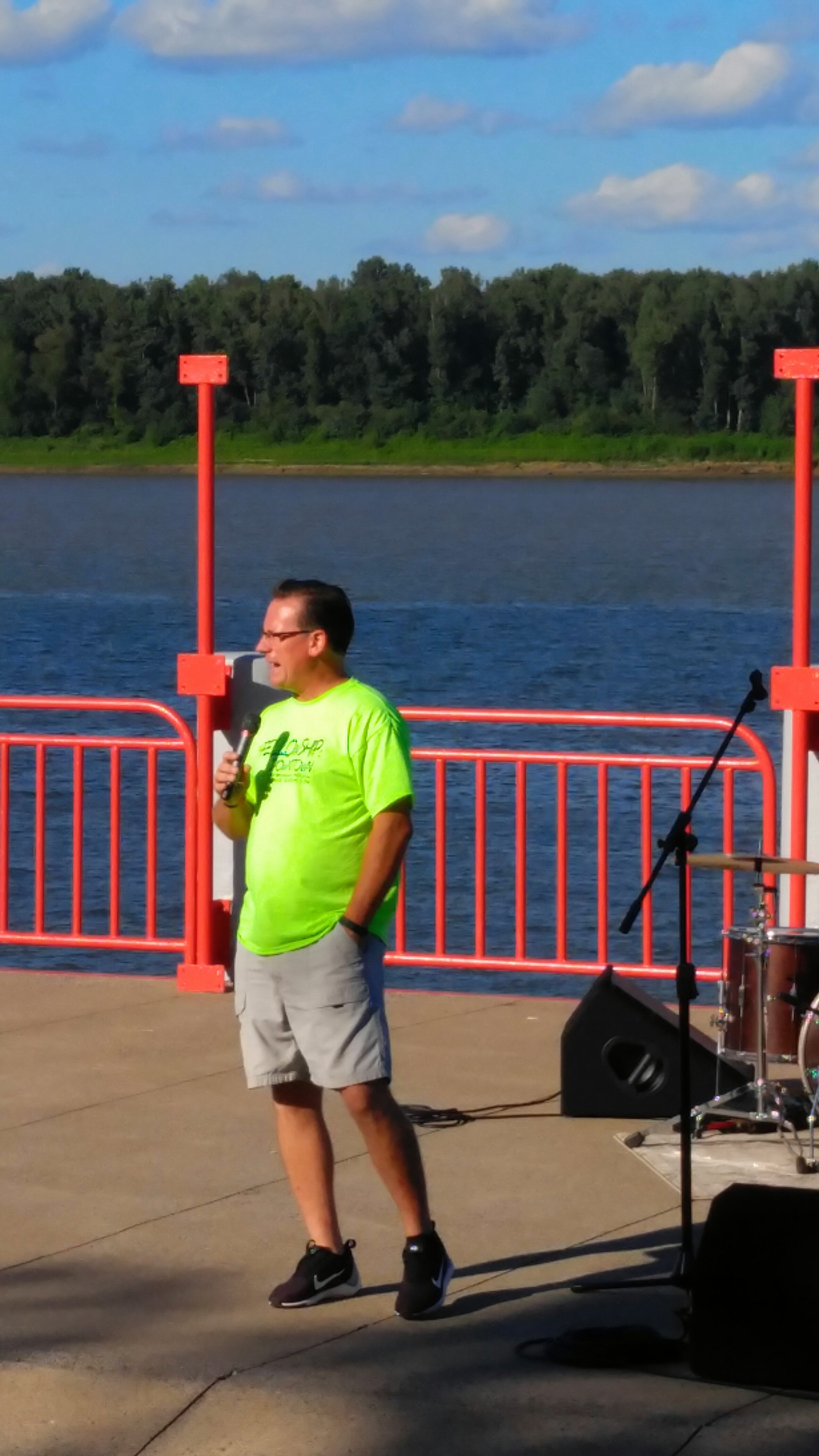






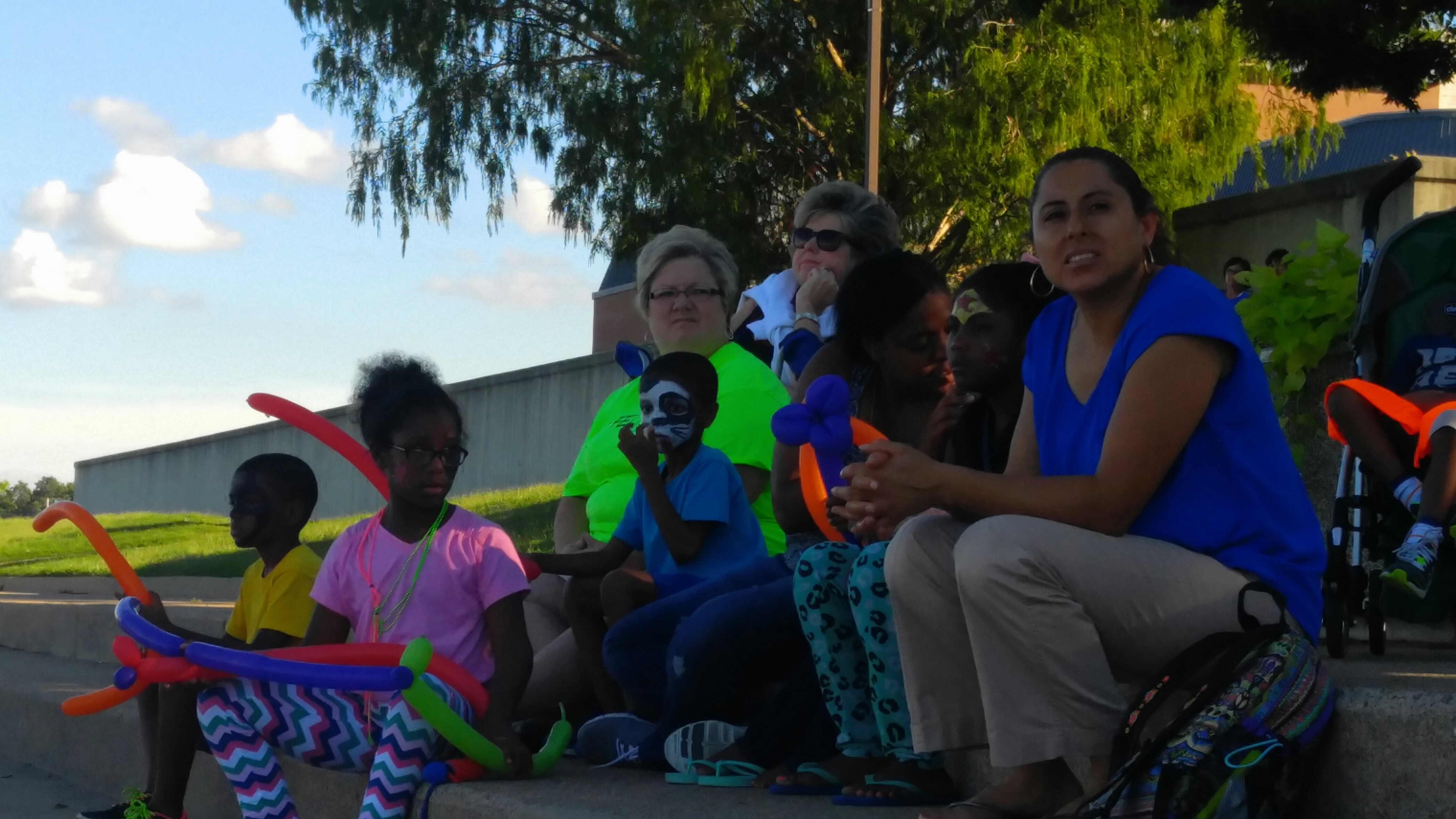

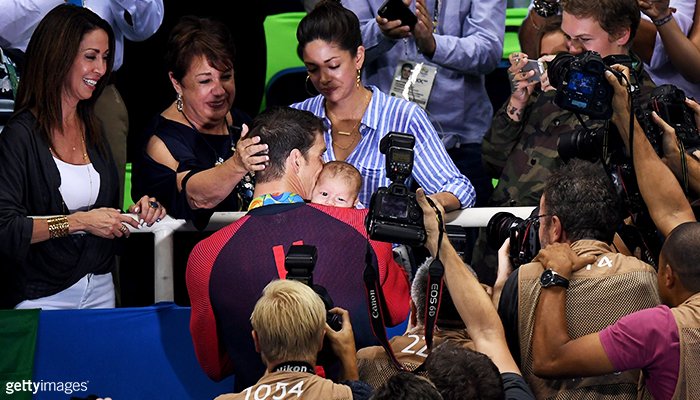





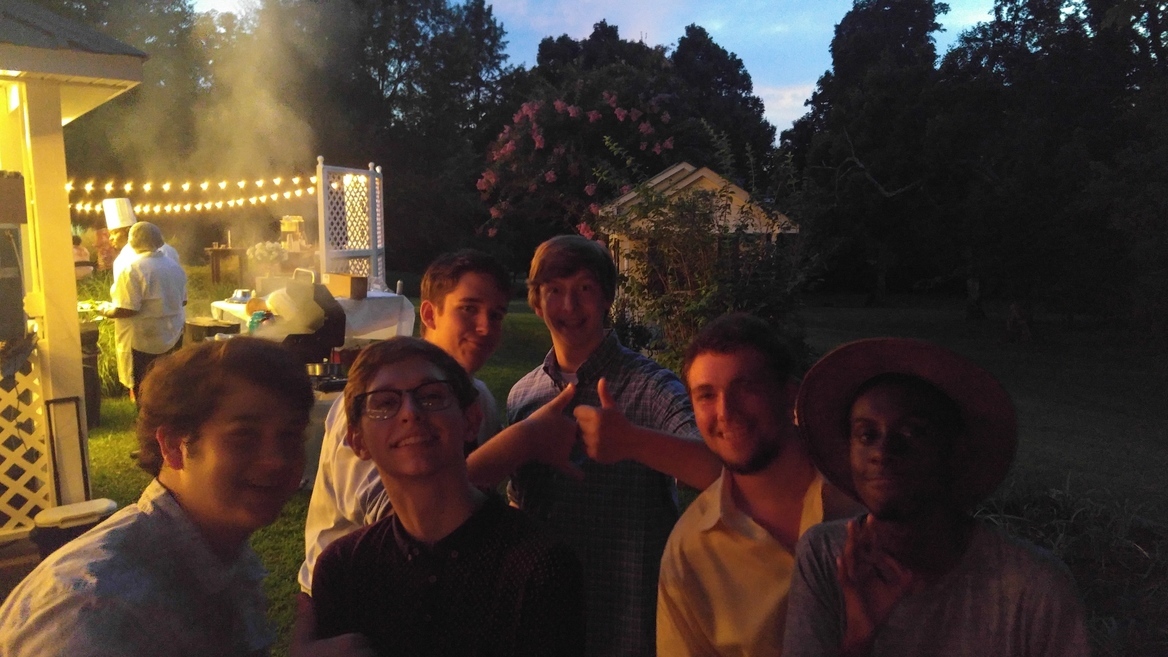
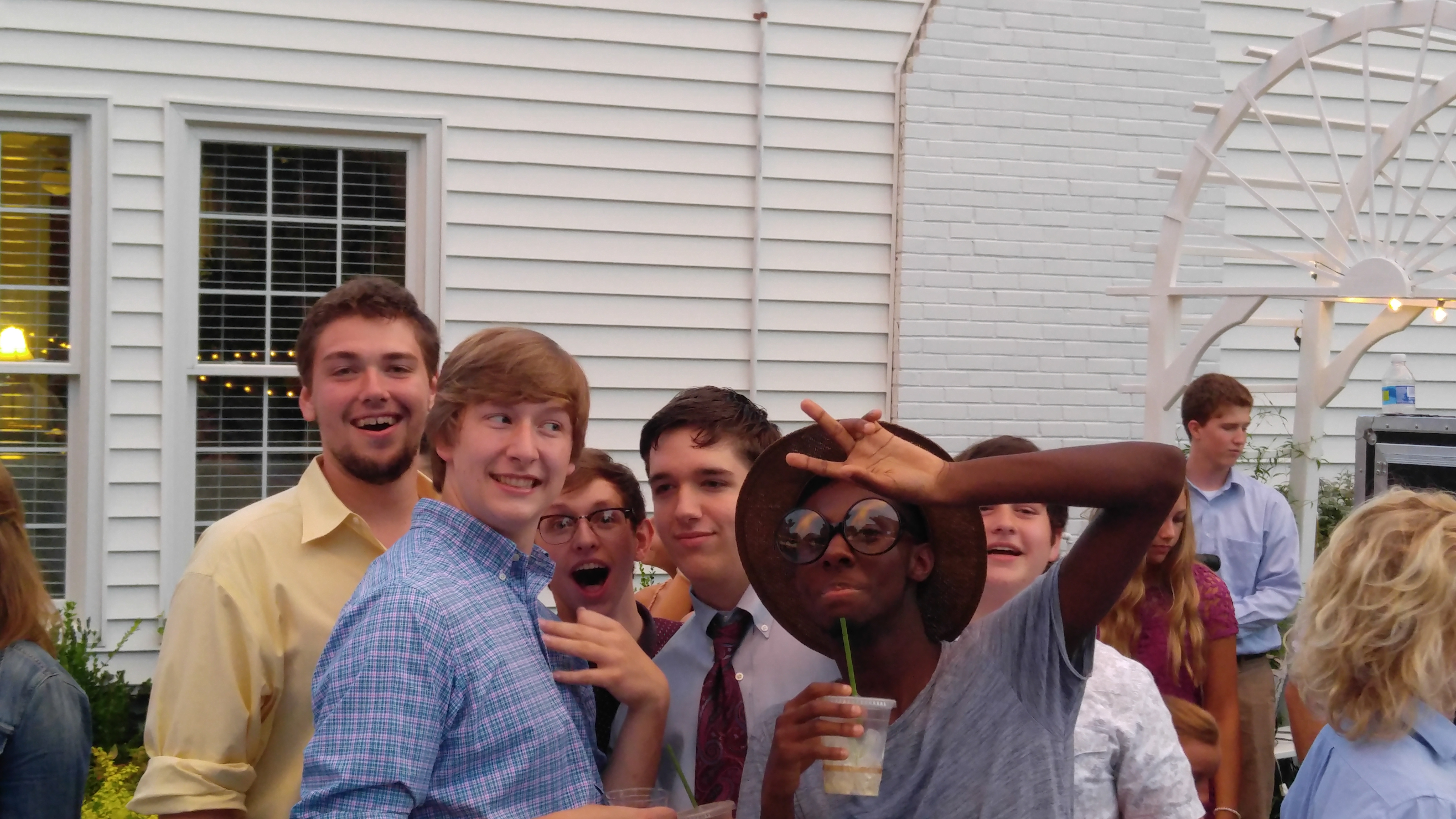
 Have you ever needed to be rescued … from you?
Have you ever needed to be rescued … from you?
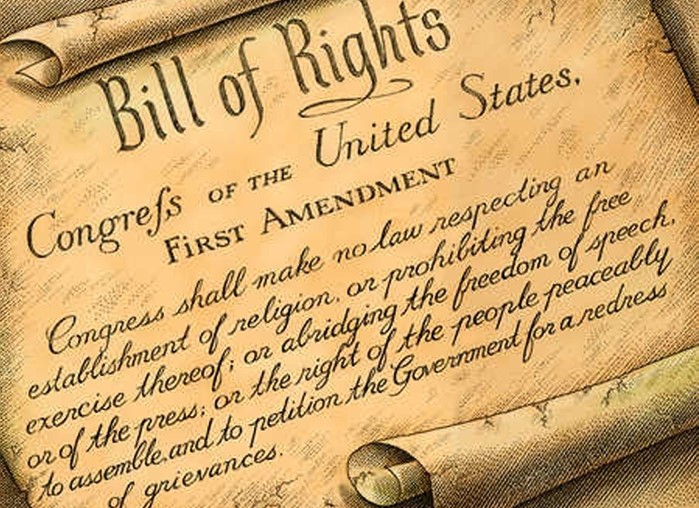




Recent Comments